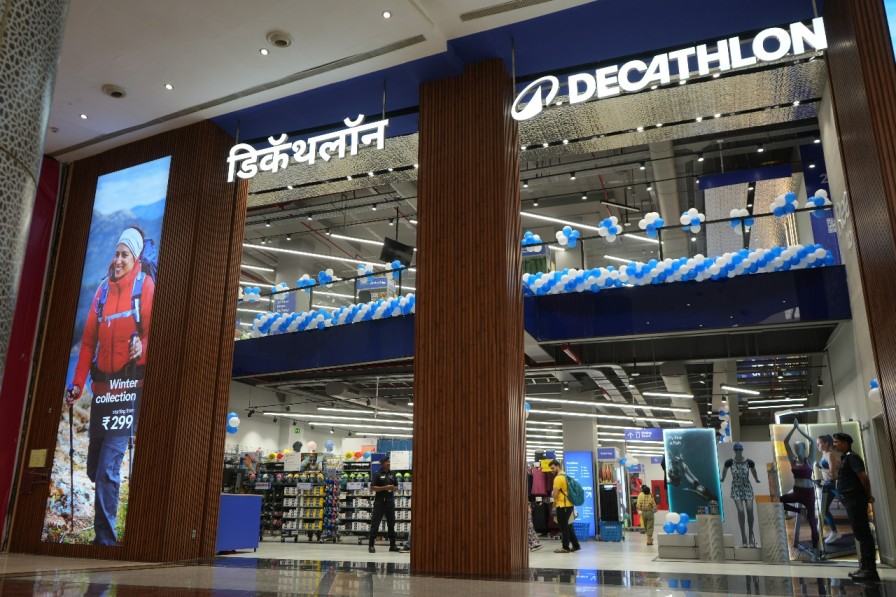
- Retail giant aligns with Mission LiFE and moves to circular sales; reduces gear waste in 2025
- Through its repair, spare, resale, and buyback strategy, Decathlon is set to become one of the first companies to fully integrate circularity into sports retail
In a game-changing move that blends purpose with performance, Decathlon India has stepped up as a trailblazer in sustainable sports retail by embedding circularity at the heart of its business model. Aligning with Mission LiFE and its global sustainability goals, the brand is ushering in a new era of responsible consumption in India. With its focus on repair, resale, spare parts, and buyback services, Decathlon is not just reducing sports gear waste — it’s redefining how India plays, shops, and sustains.
With this pioneering step, Decathlon becomes the first sports retailer in India to embed circularity at scale. Decathlon’s circular business model in India is currently anchored around three core offerings: repair services available in over 95 stores, second life resale of refurbished products in more than 90 stores, and buyback of used equipment in over 50 stores, which will be slowly scaled across the country and will later be made available online. These services not only extend the life of Decathlon products but also ensure a reduction in wastage and in the product’s carbon footprint. As a result of these initiatives, over 3,00,000 sports products are projected to be diverted from landfills by 2027, significantly reducing environmental impact.
The India launch is a key part of Decathlon’s global decarbonisation strategy, which includes achieving net-zero greenhouse gas emissions by 2050 and a 42% reduction in absolute CO₂ emissions by 2030. This is being driven by a focused approach to eliminating single-use plastic, designing long-lasting, repairable products, scaling second-life solutions and reducing site emissions.
Sankar Chatterjee, CEO, Decathlon India, said: “As our customers evolve, so must our responsibility to offer high-quality, long-lasting products that reduce environmental impact and support affordability. With the Second Life Bazaar, we’re reimagining sports retail where people can play more, pay less, and choose better—for the planet and their performance.”
Annie George, Leader Sustainable Development, Decathlon India commented, “With India moving towards a circular economy, our focus is on creating real, scalable solutions — from designing for durability to enabling easy repairs and buybacks. It’s about reshaping how people access sport in a more responsible way.”
With a strong global foundation and a proven track record across Europe, Decathlon’s circular model now finds momentum in India — building a future where access to sports doesn’t cost the Earth. As it continues to grow its circular initiative, Decathlon not only sets a precedent in sustainable retail but also inspires a larger movement toward mindful consumption. On the occasion of World Environment Day, this initiative serves as a powerful reminder that meaningful climate action begins with conscious choices — from brands and consumers alike — turning everyday actions into lasting environmental impact.









